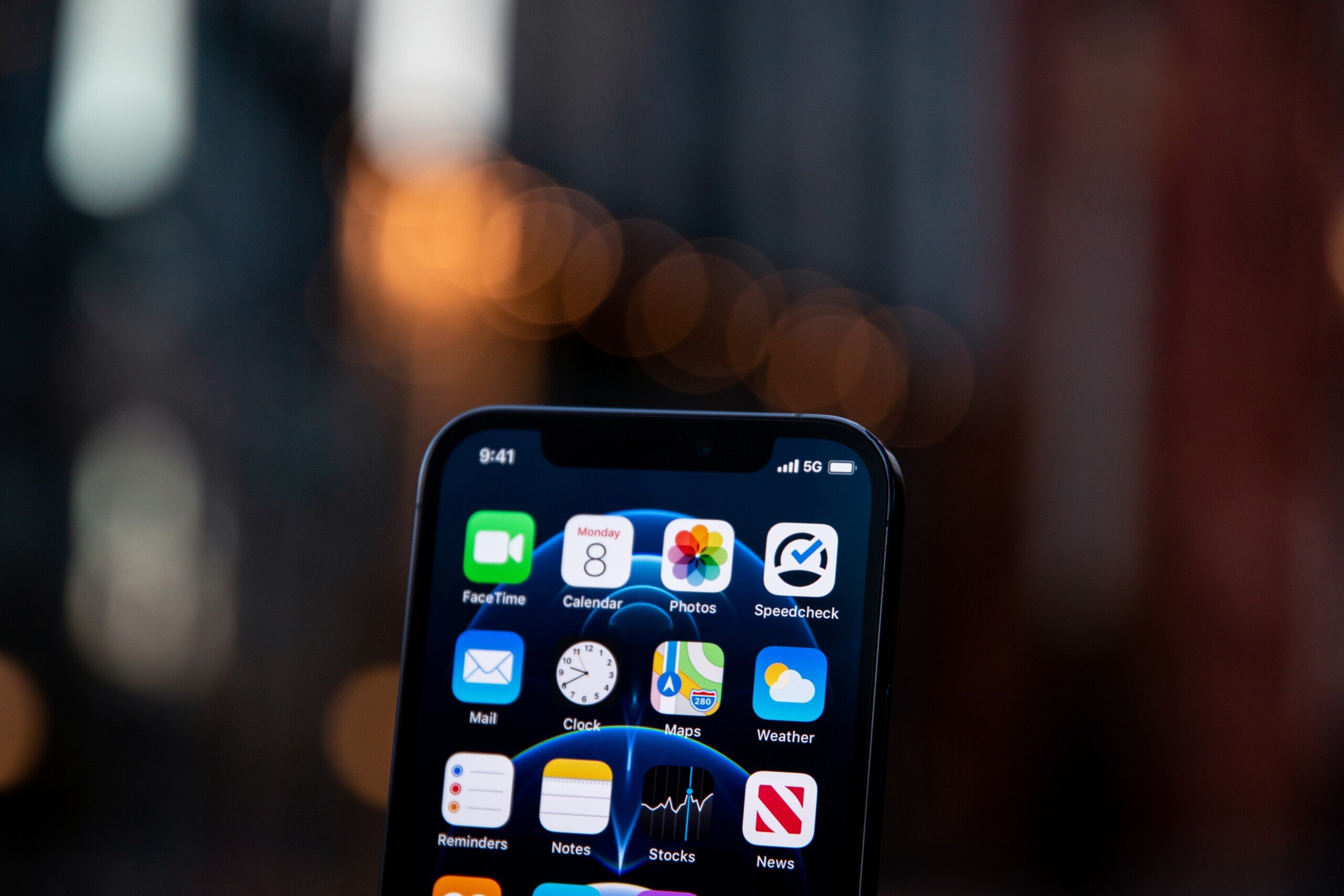
Apple has failed to provide 5G chips for future iPhones
The world of 5G is unforgiving, and Apple has had a bitter experience. Despite its over-the-top ambitions and billions in investment, the Apple brand faces a wall called Qualcomm.
Against Apple, Qualcomm scored points again. Recently announced Extending its partnership with Apple to provide 5G modem chips until 2026, the San Diego company has proven its superiority in this field. For fans of the Apple brand, it’s a guarantee of performance. For Apple, this is an admission: despite its best efforts, it has not succeeded in eliminating Qualcomm’s influence.
However, Apple’s ambition was no less. By designing its own ARM SoCs and Apple Ax chips, the Tim Cook-led company dreamed of completely freeing itself from Qualcomm. The rumors were on board, suggesting that the iPhone 15 would be the final model to feature a modem from the competing brand.
Acquisition of Intel’s Modem Branch: Lost Hope
The purchase of Intel’s 5G modem division for $1 billion in 2019 was the harbinger of a revolution. Apple has made no secret of its desire for innovation and independence in cellular technology. In 2020, the promise was clear: Apple would have its own modem. But as is often the case in the world of technology, between ambitions and reality, the distance can be great.
Many rumors are spreading about this unexpected delay. Producing a 5G modem as efficient as Qualcomm’s is a huge challenge. Covering as many domains as possible, ensuring optimal efficiency, and providing a seamless user experience are non-negotiable criteria. If Apple cannot guarantee these standards, there is a great risk of disappointing its loyal customers. As we know, in the smartphone sector, consumer loyalty is a priceless treasure.
Troubled past with Qualcomm
The relationship between Apple and Qualcomm is like a real Hollywood saga. There is no shortage of twists and turns. In 2017, for example, the iPhone 7, 8, and iPhone X had 4G chips from Intel or Qualcomm. This situation has created a dilemma for Apple, which appears to have chosen to limit Qualcomm modems to standardize performance. A decision that said a lot about the balance of power.
For many years, Apple and Qualcomm have been engaged in a relentless battle, oscillating between lawsuits and partnerships. If Apple’s dream is to free itself from this dependence, for now, Qualcomm remains an essential ally.
Do you use Google News (news in France)? You can follow your favorite media. He follows Frandroid on Google News (And Nomerama).

“Incurable web evangelist. Hipster-friendly gamer. Award-winning entrepreneur. Falls down a lot.”
